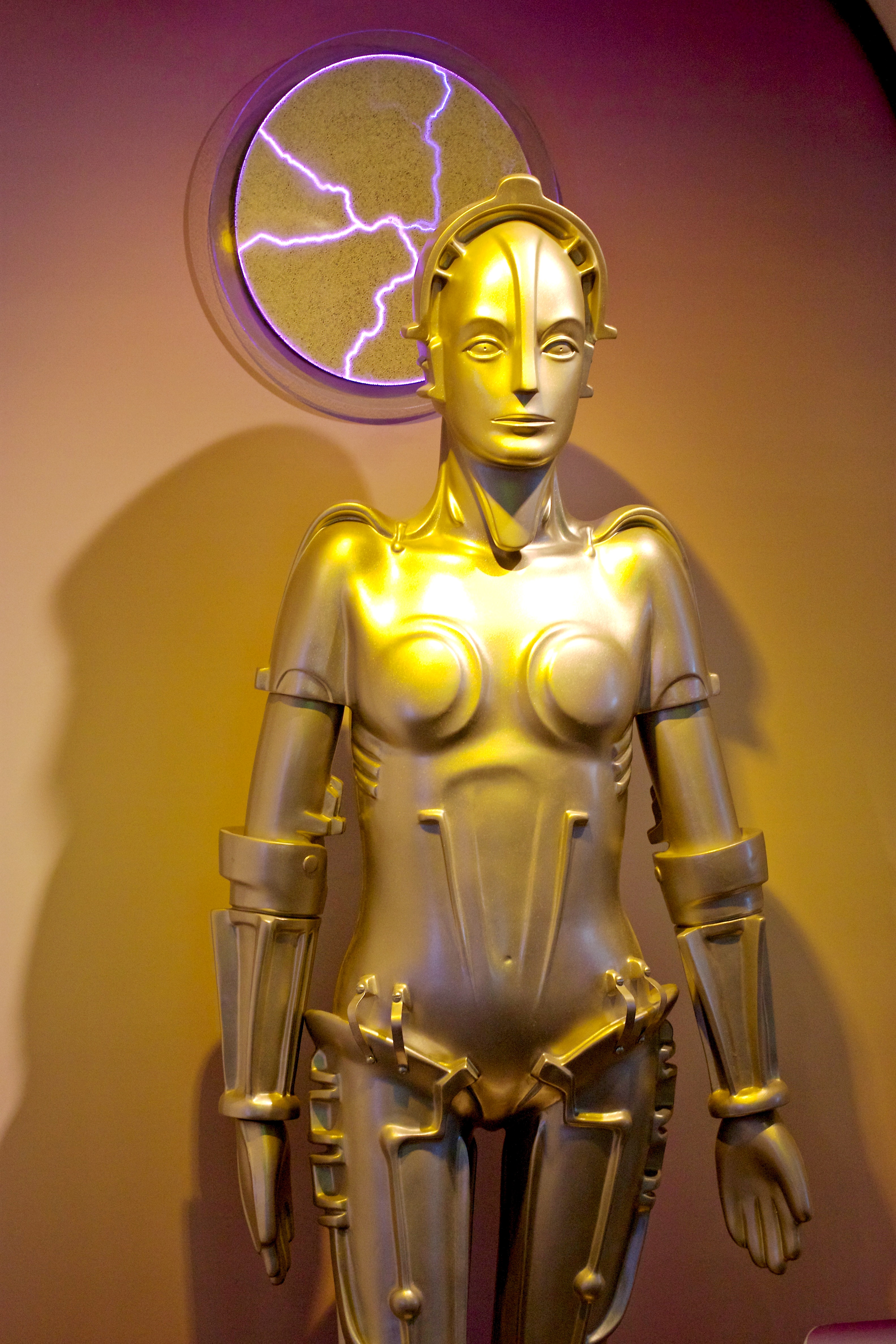"Consciousness"
is an anthology edited by Martin Davies and Glyn W. Humphreys. The reason why I
review it, is that it contains a curious and thought-provoking essay on the
mind-body problem, written by the British philosopher Colin McGinn. The essay
deals with a rather extreme position which McGinn calls
"hyperdualism". Extreme, that is, by the standards of modern
philosophy. Many ancient philosophies, and most religions, are in fact based on
dualism or even "hyperdualism". Indeed, what McGinn calls
hyperdualism turns out to be a form of Platonism!
McGinn isn't a hyperdualist himself. However, he believes there are problems with the materialist explanation of the mind-body problem: that consciousness emerges from matter. Judging by the foreword to the anthology, McGinn believes (or believed at the time) that the hyperdualist position should at least be taken seriously.
The essay is a kind of philosophical exploration of how a modern, philosophically sophisticated hyperdualist might sound like (the religious idea that "God did it" is rejected at the outset). It's written in the form of a dialogue between McGinn himself and a space alien named MC who abducts the poor philosopher in order to preach hyperdualism to him. Well, at least the essay was funny, and judging by his books, McGinn is a Star Trek fan, with a bad crush on Seven of Nine!
The space alien in the dialogue has one strong argument for the hyperdualist position. He points out that it's difficult to *really* explain how mind emerges from matter. This, of course, is not a new argument. For instance, are emotions such as love, hate or fear completely reducable to the natural processes going on in the brain? Isn't the feeling we call "love" materially speaking identical to many other feelings? Yet, we percieve love as different from those other feelings. So perhaps there is something over and above the neurological goings-on in the brain, some irreducibly mental component we cannot grasp by purely naturalist means. Indeed, it seems as if the kidnapped philosopher (McGinn) concedes that this question *is* difficult.
However, the alien cannot explain how brains could have developed through evolution, if the material universe (which he calls U1) is completely separated from the mental universe (U2). He seems to be saying that it happened by a lucky strike. One day, some kind of organism had a mutation, which purely by chance gave it access to the mental universe, and hence a competitive advantage. But if such a mutation is possible, then there *must* be some kind of connection between U1 and U2, at least a potential connection. The two realms cannot be completely distinct, otherwise it's difficult to see how a U1-mutation could (even by chance) enable the animal to tap into U2. But isn't this an argument *against* hyperdualism? When does hyperdualism stop being...well, hyper?
Ironically, one of the bizarre scenarios rejected by MC actually sounds more logical, "logical" in McGinn's sense: "I will explore the logical options, even if they sound crazy". (I'm paraphrasing.) MC rejects the idea that discarnate souls float around inside U1, until the organisms have evolved enough to become potential receptacles for consciousness, at which point the souls simply enters them. But surely this idea is more logical than the pristine, philosophical U1/U2 distinction? (Imagine proposing re-incarnation at a philosophy conference, LOL.)
Nor did I understand in what sense U2 is "conscious" at all. Surely consciousness cannot exist without space and time? Does U2 exist outside space and time? Or does it only exist outside *our* space and time? If U2 exists outside space and time, it isn't conscious, it's only "mental", and doesn't become conscious until it's united with the material brain in U1. (But perhaps that's what the alien means? But if so, how can mental tokens exist in a world without space and time?) The alien makes the correct point that something might exist even if our puny human minds cannot grasp it, but - frankly - it *is* difficult to grasp how the mental world might look like. As McGinn puts it: "Your position is ontologically weird". Indeed, the imaginary conversation between McGinn and MC gets really strange when the alien tries to argue that the mental comes from the abstract, that somehow mental tokens are derived from numerals. This sounds like a Platonist on a very bad day.
Of course, MC isn't entirely without answers when the materialist (?) McGinn starts his cross-examination. MC concedes that hyperdualists can't explain how U1 and U2 are connected, but the hyperdualist position at least acknowledges that the material and the mental are qualitatively different, while the materialist position doesn't even admit that. By default, the hyperdualist position is therefore better.
Here, the dialogue comes to a standstill, and McGinn's alter ego is mysteriously teleported back to his bed, with the aliens presumably leaving for their home planet.
But the questions still remain...
Perhaps the solution is some kind of "monism" in which the mental and the material are two distinct phenomena on our plane of existence, while on a higher level they are really one and the same? Was this what David Bohm attempted to prove? Perhaps MC Alien kidnapped the wrong guy... :-)
PS. I haven't bothered reading the other essays. The five stars are for Colin McGinn's essay.

No comments:
Post a Comment